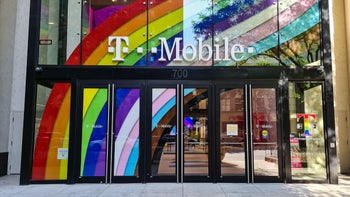FBI asked for user data without a warrant according to Google

Google revealed in a transparency statement that the FBI requested, in the form of National Security Letters (NSL), data on at least 1,000 accounts.
NSLs are used during investigations involving national security and the types of information these letters seek do not break the threshold of where a warrant would be required. Despite that, these letters are controversial and their use increased dramatically after September 11, 2001.
National Security Letters are also accompanied by strict gag-orders which makes the report from Google even more interesting. Google is constantly under the spotlight over privacy issues. To alleviate those concerns, the company issues annual transparency reports about the types of information that is asked of it by various governments or agencies. Most of the time, entities are not even allowed to acknowledge receipt of these letters, let alone provide a range requests made.
Last year, Google received between 0 and 999 letters pertaining to accounts of 1,000 to 1,999 people. The type of information provided does not involve email content or IP addresses, but may include meta data, to/from information and activity logs. The range of numbers, instead of specific number of requests was provided in an effort to not reveal any clues as to specific investigations that might be underway.
Given the secrecy NSLs are usually given, it is interesting to see the Department of Justice work with Google in this way to reveal a scope of activity. The range of requests is very narrow as well in the context of how vast Google’s user base is. Assuming that Google has about 400 million active accounts, and 1,999 of those accounts were queried, that works out to about 0.00049% of the account base. So while these letters are clearly not being circulated with reckless abandon, their controversial nature is probably not diminished too much.
You learn more about Google’s policies regarding user data requests and NSLs here.
sources: Google via The Wall Street Journal

NSLs are used during investigations involving national security and the types of information these letters seek do not break the threshold of where a warrant would be required. Despite that, these letters are controversial and their use increased dramatically after September 11, 2001.
Given the secrecy NSLs are usually given, it is interesting to see the Department of Justice work with Google in this way to reveal a scope of activity. The range of requests is very narrow as well in the context of how vast Google’s user base is. Assuming that Google has about 400 million active accounts, and 1,999 of those accounts were queried, that works out to about 0.00049% of the account base. So while these letters are clearly not being circulated with reckless abandon, their controversial nature is probably not diminished too much.
sources: Google via The Wall Street Journal

Follow us on Google News














Things that are NOT allowed:
To help keep our community safe and free from spam, we apply temporary limits to newly created accounts: